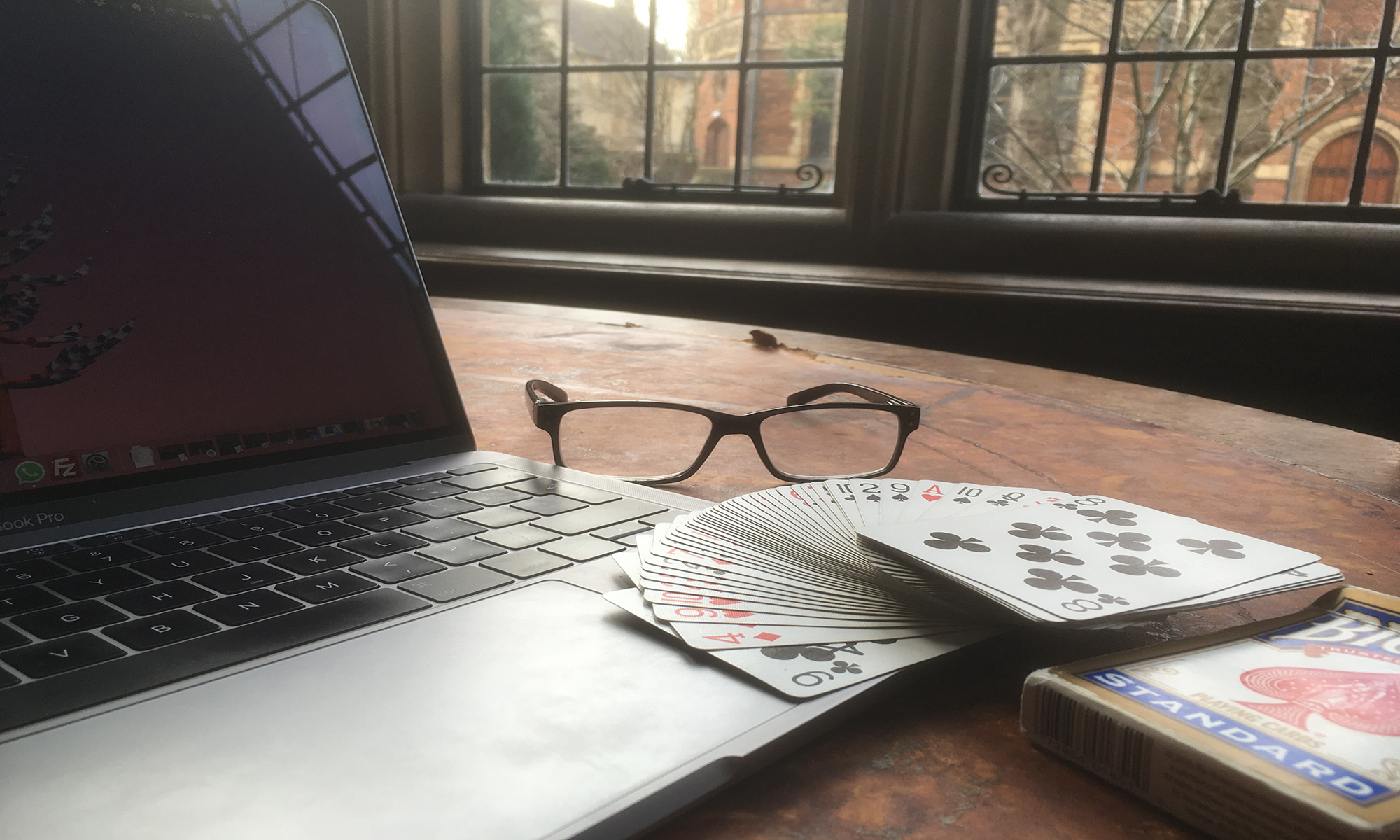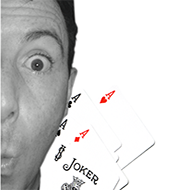
Exposure, the act of revealing secrets, is a hugely emotive topic among magicians. Some believe secrets should be protected at all costs, others think exposure is necessary for the development of magic.
Latin Lovers
“Not apt to disclose secrets” is the chosen translation of The Magic Circle’s Latin motto “Indocilis Privata Loqui”. In my experience, most magicians err on the side of keeping secrets. I agree, without secrets the wonder of our art can be destroyed.
Walking a Tightrope
Alongside magic, I also perform circus tricks.
The circus world is now very different to the magic world. It wasn’t always so. In the past, traditional circus families would guard the secrets of their trade just like magicians do now. However, then came the New Circus movement.
The ethos here was very different. As well as eschewing animal acts, suddenly there was a willingness to teach anyone who wanted to learn. After all, for example, there really is no secret to juggling, it is just down to learning the right technique and then a lot of practice. What you see is what you get in a circus performance, there are rarely any hidden secrets, it is rather a magnificent display of centuries-old techniques, careful study and much rehearsal.
The act of teaching circus skills will actually enhance someone’s enjoyment of watching a circus act, because they then have an enhanced appreciation of the skill involved.
So there is obviously a balance to be struck between sharing and not sharing secrets.
Cards Close to Your Chest
How does this apply to work and life?
Some commercial secrets are worth protecting. For example, you won’t want to publish all of your financial data, strategic plans or intellectual property because they would then be fair game for competitors to use to their advantage.
Secrets and Pies
But there is a flip side. You have probably heard phrases like “A rising tide lifts all boats” and “If you make the pie bigger, everyone gets a bigger slice.” There is something in these ideas. If you share your knowledge and tricks of the trade, you serve to increase the quality and reputation of your sector as well as increasing the size of your market.
This can seem counter-intuitive at first, but I have seen it work in the area of entertainment.
Thirty years ago, no-one had close-up magicians at their weddings. However, because some magicians shared their knowledge and expertise at getting wedding gigs with the magic community, lots of people now have magicians at weddings. The market is not yet saturated, most weddings are still magician-free, so there is potential for further expansion.
I have even heard internet business gurus advise us to “Give away your best material”. They claim that sharing their big idea for free builds credibility and creates hunger for more in-depth paid-for material. I am sure that they are right.
A Time and Place for Everything
In life, you only have to have a passing acquaintance with social media to know that there is such a thing as over-sharing. It is not good to bare your soul to the world at large. We need to present ourselves honestly to the world, both online and face-to-face, but that doesn’t mean sharing your deepest darkest struggles with all and sundry. It is not good for you and it is not good for anyone else.
However, again, there is a flip side. Bottling things up and telling no-one is a disaster in the making. Depending on the nature of your bottled contents, it could be a disaster tomorrow or it could be years down the line.
We all need people we can fall apart with, with whom we can be completely honest and vulnerable. Our fellow magicians with whom we can share our most precious secrets.
Find the balance between sharing and not sharing, both in work and in life. It’s not always easy, but it is always worth the effort.










